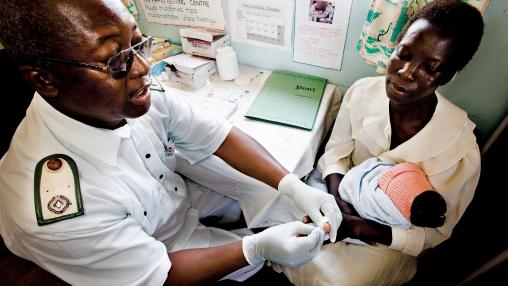
Climate Change Threat to Health
Discussions about the effects of climate change and climate change adaptation often center on changes in crop yields and subsequent changes in food security and incomes . In addition to these immediate impacts, however, climate change can have important secondary effects on a range of other development indicators.
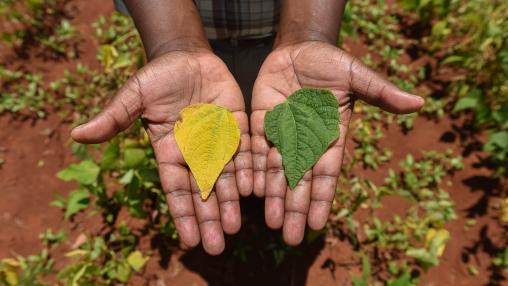
Climate Change Adaptation in Malawi
According to the World Bank, Malawi ranks among the countries in the world that are most vulnerable to the negative impacts of climate change, including exposure to drought, dry spells, and flooding. These extreme weather events can reduce the country’s agricultural production, threatening the livelihoods of millions of smallholder farmers and increasing food insecurity and poverty, especially in rural areas.
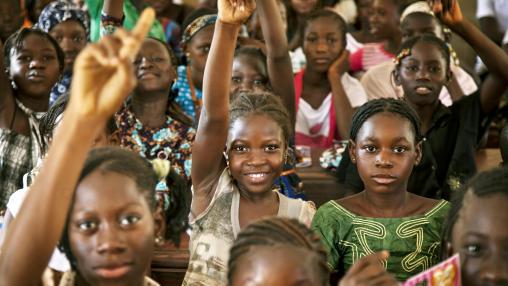
How Africa Can Respond to Challenges of Climate Change, High Food Imports, Growing Young Population
This week, the FAO held its 29 th Regional Conference for Africa (ARC) in Abidjan, Côte d'Ivoire. The conference, a biennial event, provides a platform for policymakers and stakeholders to discuss agricultural development in the region, with the aim of promoting regional cooperation and coherent policies.
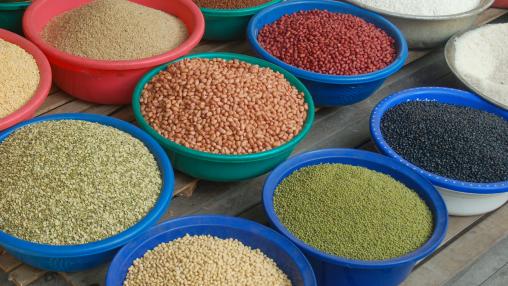
Global Food Policy Report: Making Africa's Food System More Inclusive, Sustainable
IFPRI’s 2016 Global Food Policy Report (GFPR) gives some good news for Africa – poverty and hunger both fell during the period 2003-2014. The share of the region’s population living on less than US$1.25 per day (purchasing power parity) declined from 42.9 percent to 36.9 percent, while the prevalence of malnourishment fell from 22.1 percent to 17 percent. Child stunting also fell from 40.2 percent to 35.9 percent.
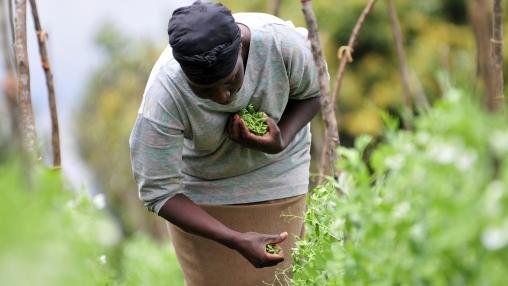
Climate Change Adaptation Requires Gender Inclusion
The impacts of climate change on agriculture can differ widely depending on a variety of factors, including the region of production, crop variety, and availability and use of inputs like fertilizers and irrigation. Gender can also play a large role in how individuals both experience and respond to climate change. Since gender norms often at least partially establish individuals’ social status, rights, and responsibilities, it is likely that men and women face different constraints and opportunities and will make different decisions when it comes to adapting to climate change.
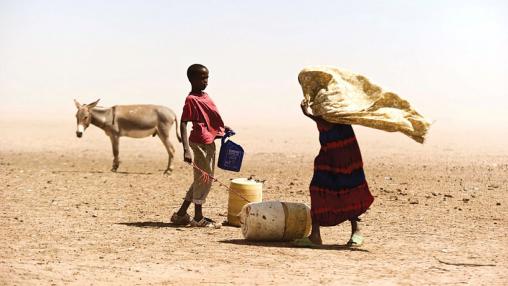
Why Paying Attention to Gender Matters for Climate Change Adaptation
This post was originally published on IFPRI.org . By Elizabeth Bryan , Patti Kristjanson , and Claudia Ringler
Until recently, there has been little evidence supporting the need to focus on the gendered dimensions of agriculture and climate change. Why? Because few researchers have been talking to women in agriculture as well as men--both of whom contribute to solving the food security challenges posed by climate change.
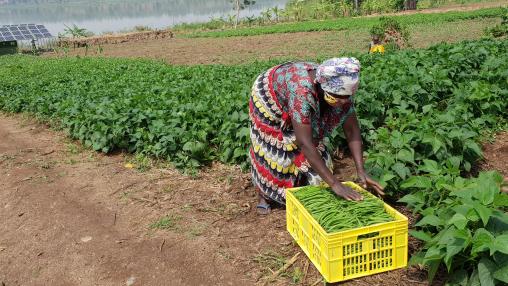
Why Paying Attention to Gender Matters for Climate Change Adaptation
This post was originally published on IFPRI.org. By Elizabeth Bryan, Patti Kristjanson, and Claudia Ringler
Until recently, there has been little evidence supporting the need to focus on the gendered dimensions of agriculture and climate change. Why? Because few researchers have been talking to women in agriculture as well as men--both of whom contribute to solving the food security challenges posed by climate change.
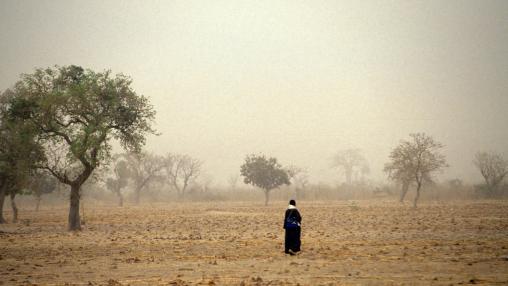
L'agriculture et le changement climatique : Partie du problème, partie de la solution
Depuis la déclaration des objectifs du millénaire pour le développement des Nations unies en 2000, le monde a fait des progrès considérables pour réduire la faim. Cependant, on estime que 200 millions d'Africains continuent de souffrir de malnutrition chronique et que cinq millions de personnes meurent encore chaque année des conséquences de la faim.
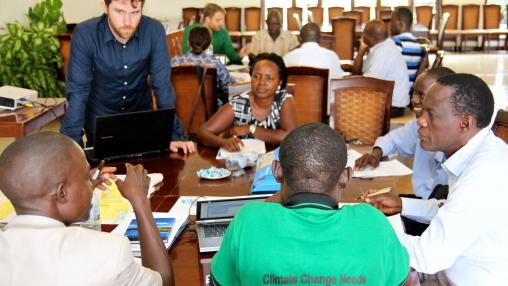
La plateforme de rencontre pour une meilleure élaboration de la politique climatique est lancée en Ouganda
Ce blog a été initialement publié sur le blog du CCAFS. Écrit par John Francis Okiror, stagiaire en communication, Institut international d'agriculture tropicale (IITA), Ouganda.
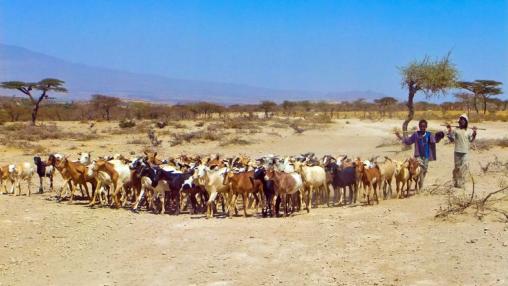
Impact of Climate Change on African Agriculture: Focus on Pests and Diseases
The latest CGIAR report on the impact of climate change on African agriculture argues that increased regional temperatures and a greater risk of pests and diseases will affect crop, livestock, and fisheries productivity throughout Africa. Without effective adaptation measures, regional production of maize and beans could decrease by up to 40% relative to the period 1970-2000, leaving areas like Eastern and Southern Africa with a need to rapidly adapt in order to improve and ensure food security.